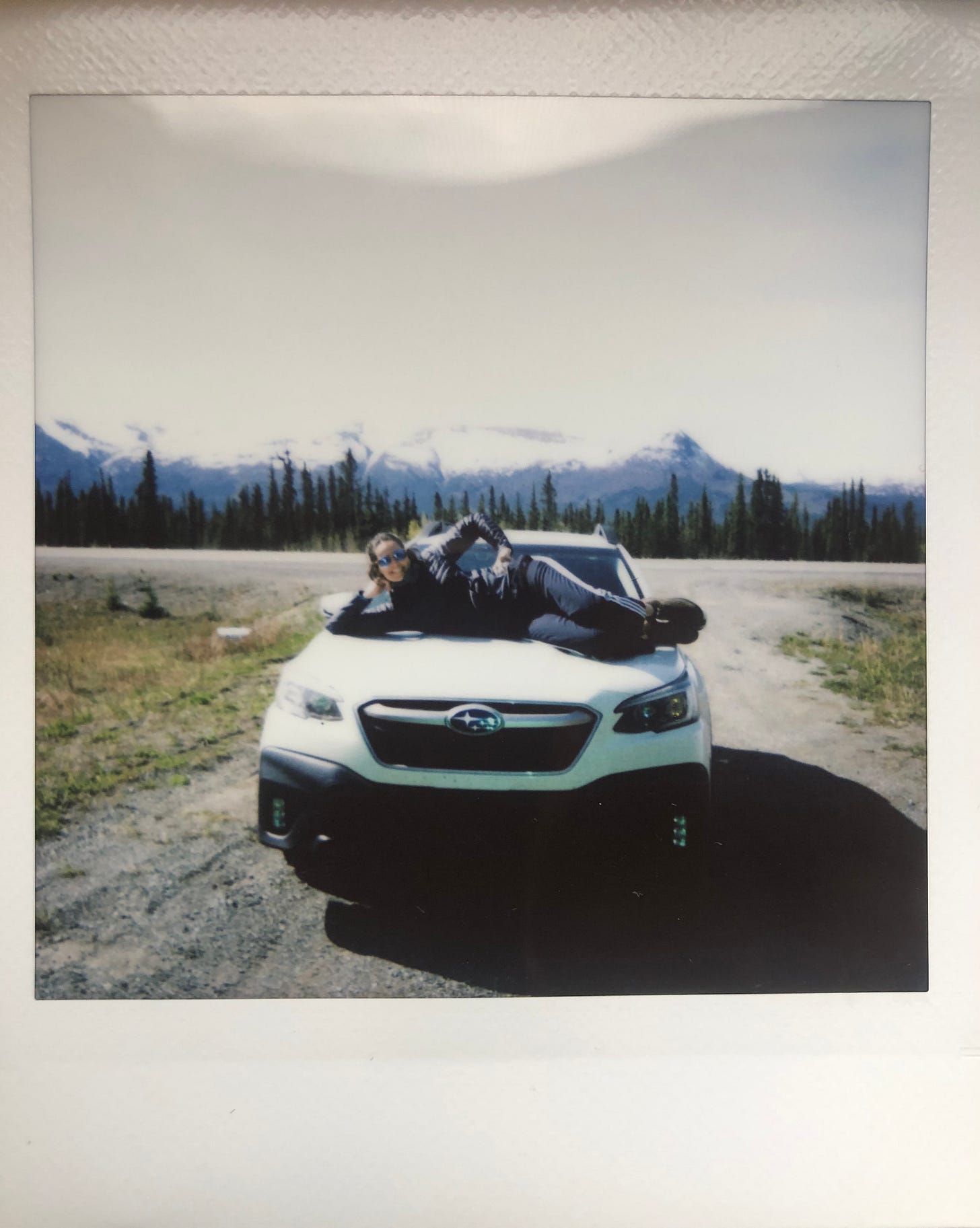Is it still possible to 'stay and complicate' after choosing to leave?
On geographical cures and courage
I recently heard a quote attributed to the writer Ocean Vuong about his calling to “stay and complicate” the traditional narrative of masculinity. As a queer man, Vuong does not disavow masculinity. Instead, he and his literary characters present beautiful examples of men who are different from how normative culture expects them to be.
That phrase, “stay and complicate,” reveals a struggle I’ve long had. On the one hand, it’s something I aspire to do. On the other, it feels like a personal attack. I’m the one who didn’t stay.
This has plagued me before. I remember reading an interview with the musician Julien Baker in which she explains why she didn’t flee the South like so many other young queer people. Instead, she stayed in Tennessee and invested in the burgeoning gay communities in her home state as a way of rebelling against normative discriminatory culture.
There’s something pure about deciding to stay. It gives the impression of truly knowing oneself and having the conviction to be visible despite not seeing a blueprint or fitting in.
I’m romanticizing this, of course. And in doing so, I’m implicitly calling myself a coward for not having had the same conviction in my own youth.
The thing is, I *tried* to stay—I just wasn’t ready to complicate conventional narratives. I got bullied for being queer and for being sensitive, and then I got scared, defensive, and mean. It turns out I needed to leave in order to feel safe enough to learn who I am and be seen for it.
describes how “geographical cures” have helped her feel unstuck. I enjoy the term but am skeptical of the concept. Although moving will certainly change things, the old adage remains: wherever you go, there you are.Yet here I am, over four thousand miles from where I grew up. And ostensibly, I do feel cured.
In the same way that it can be brave to stay, it can also be brave to leave. It was brave of me to. It took guts and conviction to willingly uproot from a good-enough life in a wonderful city where I lived within a mile of my closest friends.
There’s something to be said for knowing when change is necessary. I can admire those who choose to stay and complicate the worlds in which they inhabit—the Ocean Vuongs of masculinity, the Megan Rapinoes and Colin Kaepernicks of professional sports, the Julien Bakers of the queer South.
I can admire them and view my not-staying as cowardly in comparison. Or, I can see my leaving as making necessary space to complicate. If this is what it took to know myself and align my values and personhood, so be it.
I’m not sure we get to choose the path so much as pay attention to how it unfolds before us. For so long it felt like the only option I had was to stay, and I made myself small to fit in. But I was ignoring the fact that I always had choices.
The geographical cure of moving to Anchorage is what worked to get out of my self-built cage. The world needs all kinds of people to dismantle all kinds of shame. By taking ownership of the life that’s true to me, I’m doing my part.

In leaving, I had to give up the expected. Perhaps that, too, can be an example to others who feel similarly trapped. As an eldest sibling and a childhood high achiever, I inherited expectations that were never my own. It takes courage to reject those, too.
I’ve been speaking of my leaving in a purely geographical sense. Clearly, that wasn’t what Vuong meant when he chose to stay within the social concept of masculinity. Similarly, there are ways in which I’ve chosen to stay in my old communities from afar. This newsletter, and my writing in general, is an example: it contains snippets of me that is open to anyone who cares to read it.
Now that I’m here, I’ll stay. Maybe with this new stability, I can begin to complicate.
-Julia



Growing up here, I never intended to stay in Anchorage. And then, circumstance after circumstance, I had more and more of my formative experiences here. I wrestle with the narrative of "staying" all the time- sometimes I feel proud and loyal (even self righteous) and other times I feel underdeveloped and unseen. I so appreciate what you said about not actually having all the say in how your path unfolds (observing it seems more accurate than directing it) and how the world needs all kinds of people to unravel all kinds of shame: the shame of staying and the shame of leaving, in all their manifestations. Thanks again for sharing your beautiful, sensitive thoughts!
I am one who went 3,000 miles away for about a decade and circled back to within 600 miles of home, and I cannot imagine having done otherwise. I’m glad for you that you are able to travel as far as you need to go - if not to complicate a narrative, then just to explore. :-)